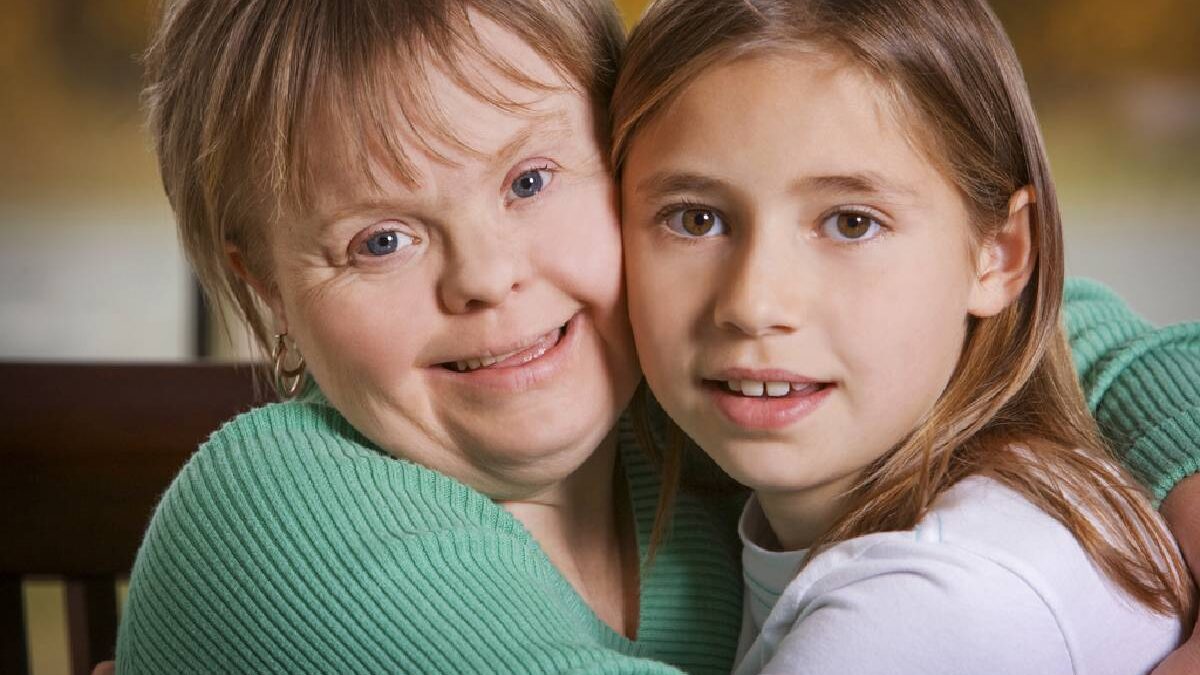Having someone with an intellectual disability can be rewarding, though it’s a daunting and exhausting task. Think about it, you need to find the right funding to get the right supporting services which can easily overwhelm many families.
Families also need to cope with the stress that comes with witnessing their loved one’s daily struggles with social interactions, self-care, and education. Given these unique situations, it’s not surprising that most families opt for assisted living for adults. This article explains some of the best activities for adults with intellectual disabilities.
Physical activities for adults with intellectual disabilities
It’s important to have plans for various activities for adults with intellectual disabilities. These activities can help to keep your loved one physically fit, encourage them to socialize, and improve their cognitive abilities. Since many adults with intellectual disabilities rely on the care of other people, assisted living for adults follows special programs.
First of all, they determine what adults like to do. Chances of success can be higher if they choose activities that individuals enjoy doing. While selecting the right programs, they always keep in mind for any intellectual and physical limitations that these adults may have.
For example, for muscle-strengthening activities, adults with intellectual disabilities may need to do various activities. Activities like team sports, walking, and yoga can help your loved ones keep in good shape, but can only be done under supervision.
Cognitive and memory activities
Music therapy has been known to have lots of benefits for adults with intellectual disabilities. It tends to stimulate senses and also helps improve the adult’s social, emotional, and mental well-being.
Besides music, jigsaw puzzles are also good for adults with intellectual disabilities. They provide a great way to challenge them while having fun. Even better, jigsaw puzzles come in various forms, so you need to choose subjects that will provoke the interest of the individual.
Keep in mind that jigsaw puzzles are quite educational, and they can help your loved one develop skills and self-esteem in attention span, problem-solving, and fine motor skills.
Artistic and sensory activities
The importance of sensory stimulation therapy exercises cannot be emphasized enough. You see, these exercises can help your loved one work on their muscles, mind, and emotions. Whether it’s arts and crafts, cooking, or playing games, these everyday and simple activities can improve artistic and sensory skills in adults with mental disability.
For example, cooking has several benefits for developmentally disabled adults. These include teaching them self-reliance and giving them a sense of accomplishment. Therefore, assisted living for adults usually shows these adults the kitchen so that they can know where everything is kept.
Also, they are taught how glasses, cups, and bowls are separated and stacked. Then they learn some simple recipes and cook together with their caregivers before moving to more advanced recipes.
As you can see, the various programs are designed to help adults with intellectual disabilities cope with their daily lives. Because families usually find it hard to find time to help their loved one, it’s a good idea to leave this task to the professional caregivers.

